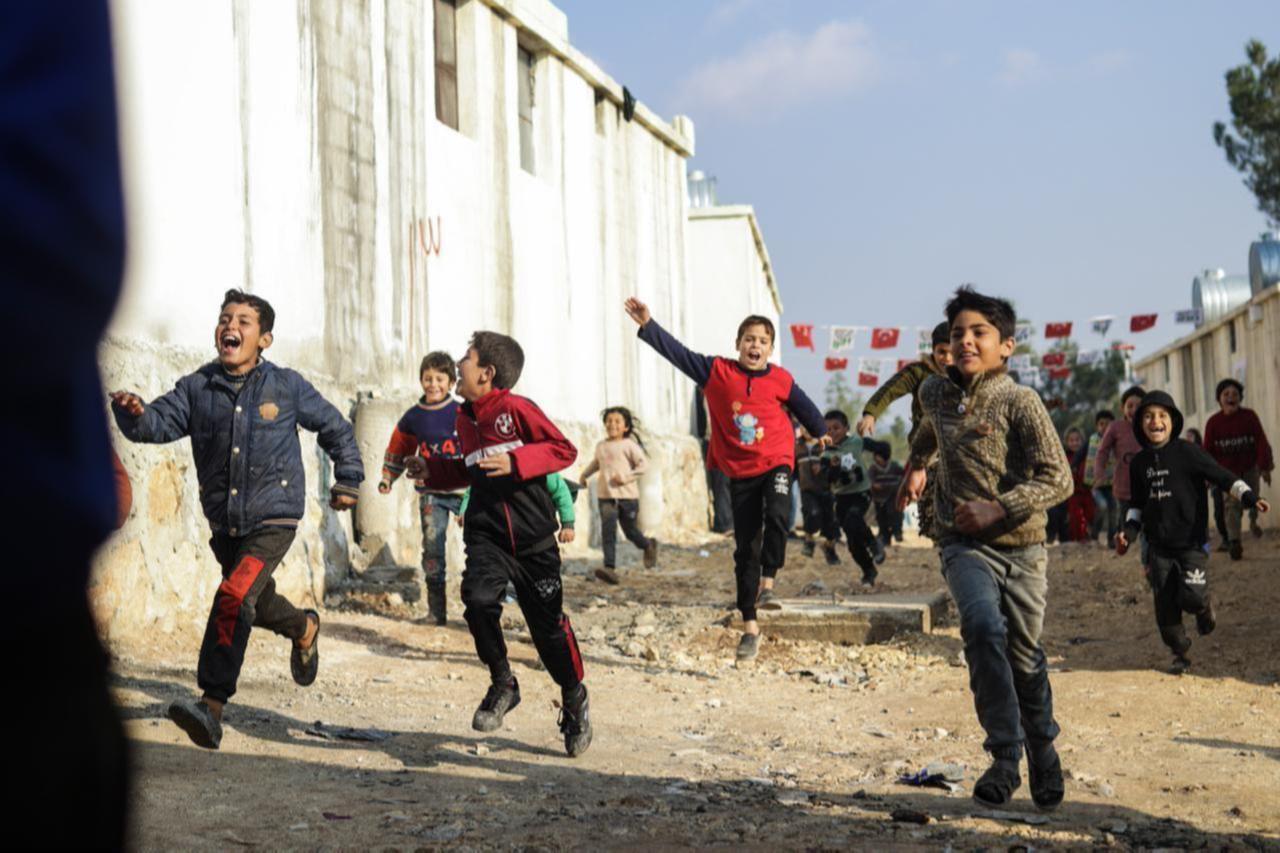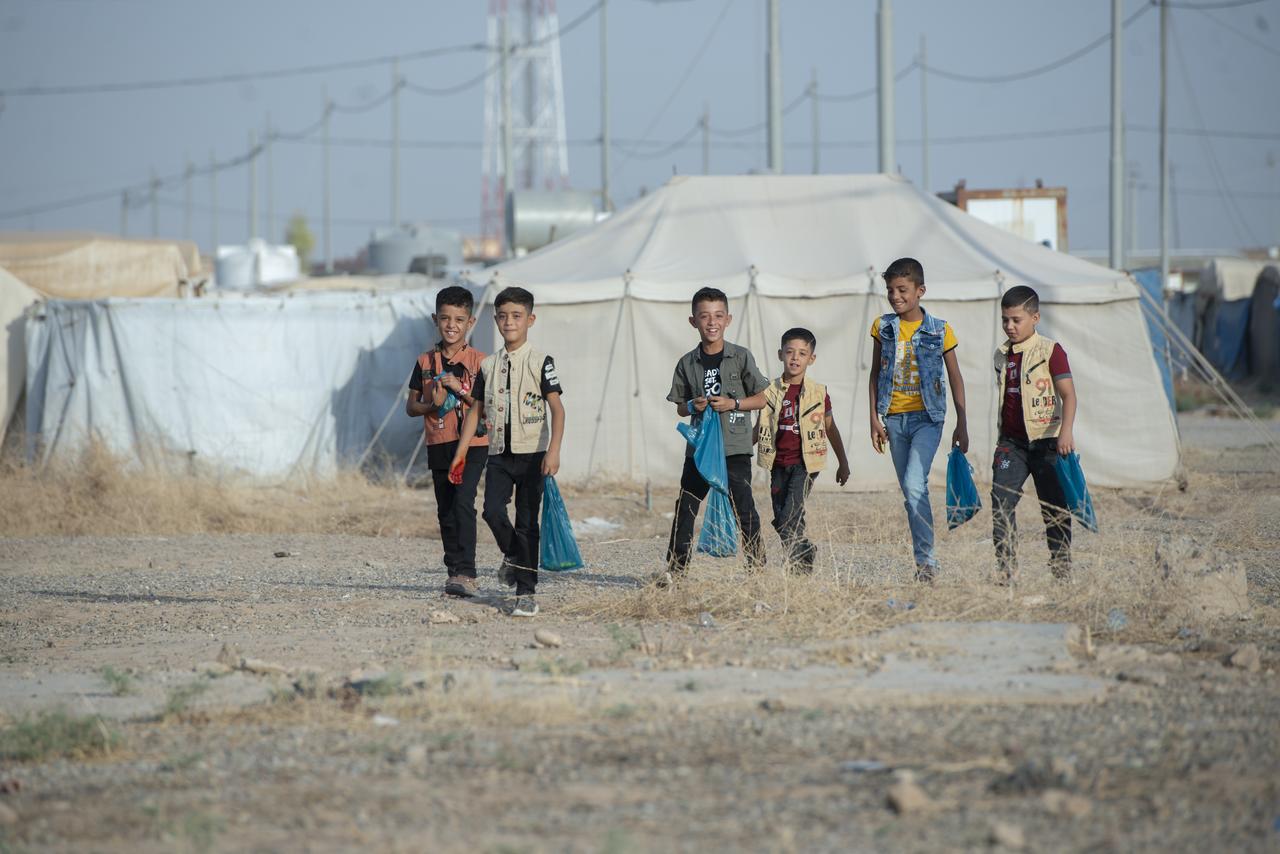
A newly published dataset sheds light on how Syrian refugees and Turkish nationals, especially children and young adults, experience social cohesion in Türkiye.
Researchers collected data from over 2,000 participants in Ankara, Istanbul, and the border provinces of Mardin, Gaziantep, Hatay, and Sanliurfa, aiming to capture how belonging, trust, altruism, and social relations are formed across communities.
The civil war in Syria displaced over 6.8 million people, nearly half of them children. Türkiye now hosts the largest Syrian refugee population worldwide, making up about 4.5% of its total population.
Scholars noted that while earlier research often examined adults, young people’s experiences with social cohesion may differ.
Studies from Jordan had already suggested that children and adolescents show higher levels of cohesion, and this research set out to investigate whether similar patterns appear in Türkiye.
The findings came from the “Education Program for Syrian Refugees and Host Communities” (BILSY), which ran from 2016 to 2019.
Unlike programs that focus on classroom integration, this study looked at informal activities such as football matches, reading clubs and picnics.

These events were designed to create positive encounters between Syrian and Turkish participants, offering chances to build trust and cooperation outside formal structures.
To measure attitudes among adolescents and young adults, structured questionnaires examined perceptions of belonging and trust toward family, peers and wider society.
Children, however, took part in simple behavioral games designed to test altruism and trust when paired with Turkish or Syrian peers.
According to the study’s authors, gathering insights in informal, playful settings allowed for a more natural assessment of how relationships form between groups.
The researchers noted that their dataset is unique because it focuses on a population representing around 60 percent of Syrian refugees in Türkiye—children and youth.
While the data has limitations, such as not capturing detailed socio-economic profiles, it provides a rare look into how cohesion grows when young people from different backgrounds meet in supportive environments.
The study concludes that such evidence can help guide future policies and programs aimed at fostering social harmony in refugee-hosting communities.